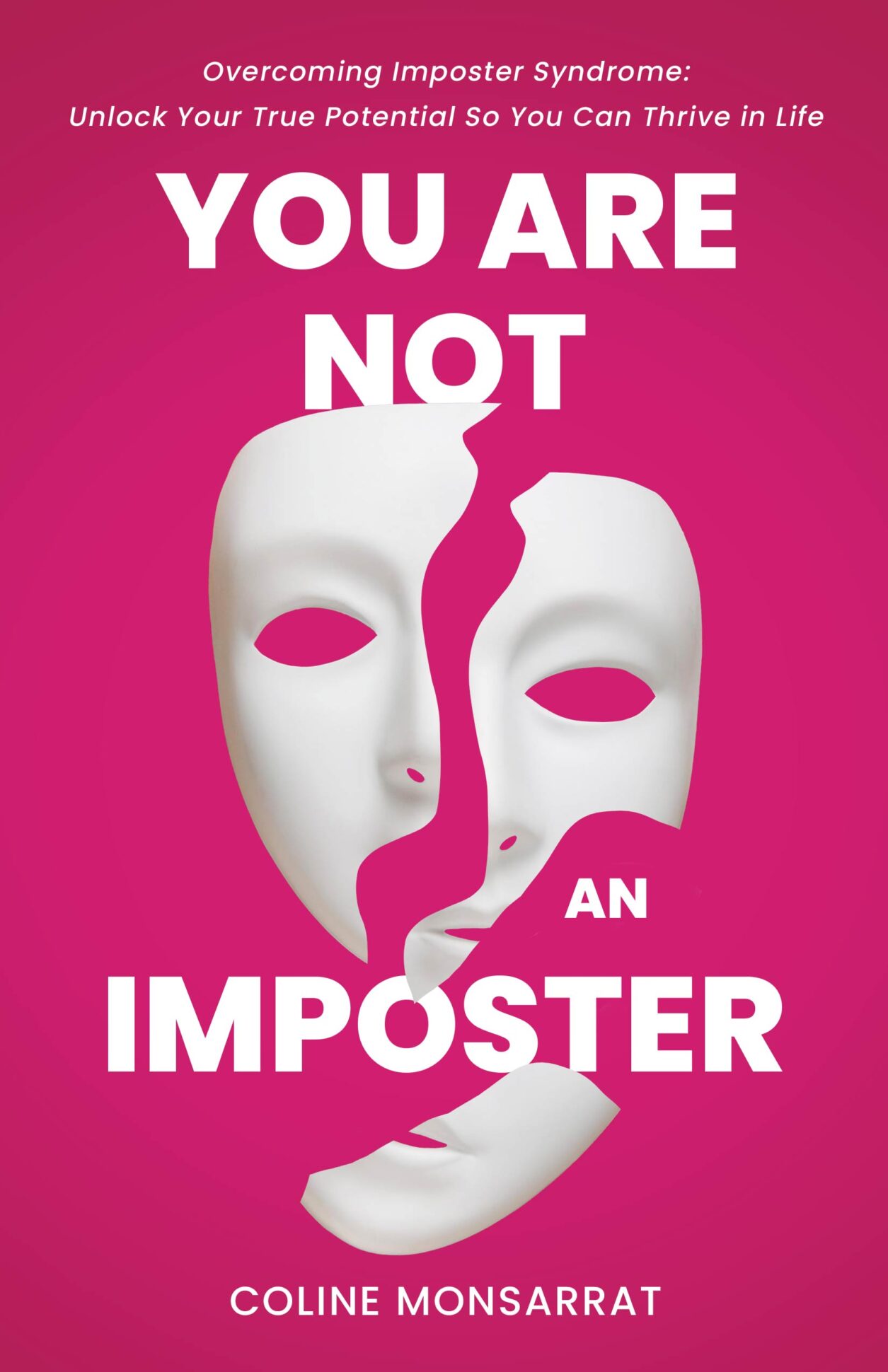Imposter syndrome is rampant. It’s estimated that up to 70 percent of us have been caught in the snare of imposter syndrome. We’ve heard it whispering to us that we’re incompetent and that someday someone will expose us as a fraud. This can extract a price on your professional journey — lower salary, missed promotions due to risk aversion, and that ever-present shadow of self-doubt. And this isn’t just a 9-to-5 problem. These symptoms don’t punch out when you leave the office, but will follow you home and meddle with your personal life and health.
Unfortunately, the price tag of living with imposter syndrome is one we don’t always see until we’ve accumulated an enormous debt of self-doubt and sacrificed opportunities.
Let me share a slice of my own life — and mind you, this isn’t a wholesome slice of apple pie. It reveals the intricate connection between our brain and body that science has now proven, whereby an unhealthy mental pattern can send distress signals to our body, potentially catalyzing diseases. For me, this wasn’t just theory but an alarming reality. Imposter syndrome almost claimed my life. Living under its oppressive symptoms like low self-esteem, perfectionism, and a persistent urge to please everyone, I inadvertently silenced my genuine needs. My continuous entrapment in negative and detrimental patterns amplified a genetic disease I was living with.
Additionally, imposter syndrome kept me in denial and coerced me to downplay the seriousness of my condition despite crippling stomach pain. The result? When I finally went to the emergency room, my pancreatitis was so advanced that my pancreas was essentially not functioning.
My message to others is don’t be as defenseless to imposter syndrome as I was. Act before it’s too late!
To prevent paying the steep price of imposter syndrome, embark on these actions:
- Dig deep into the imposter’s origins
Journaling is a key way to improve self-awareness. Science shows that reflection through writing better impacts the brain. By reflecting on your experiences and emotions, you might pinpoint where this insidious imposter syndrome started. Once you know the cause, you’re better armed to battle the symptoms.
- Ditch the negative narrator
Each of us has an inner voice that narrates what’s taking place in our lives. If yours has taken the role of a persistent critic rather than an encouraging cheerleader, it’s time for some introspection. Challenge that internal dialogue. Differentiate between constructive self-reflection and undue self-blame. Step back and regard yourself objectively, viewing yourself from a detached standpoint, and decipher whether your negative narrator’s opinions are actually founded on facts.
- Escape the “helpless” hamster wheel
Imposter syndrome traps you into believing there’s no way out of this cycle of self-doubt. But remember, you’re not a helpless hamster. You’re a human with the power to take charge. Believe in your capacity to change and adapt.
- Draw the line on people pleasing
You’re not a buffet that caters to everyone’s tastes. It’s alright to say “no” sometimes. Not only does it preserve your energy, but it also sets boundaries that command respect. When you say yes to something, you are saying no to something else.
- Step out of your comfort zone
Sure, there’s undeniable comfort in staying within what’s familiar, but in doing so, you sacrifice real growth. The rewards you reap when you challenge yourself are unmatched. Remember, fortune favors the brave, not those cozied up in their comfort zones. Start by creating a list of aspirations you’ve always had. Aim to check off one each month. Stepping out of your comfort zone will build your confidence, pushing you to grow even more.
As someone who has paid the price of imposter syndrome, I urge you to recognize the roots of your imposter syndrome, challenge negative narratives, assert your agency, set boundaries, and push past your comfort zone. Understand your worth so that you can counter its effects before it sends you a hefty bill of missed opportunities and compromised well-being.
 Coline Monsarrat is a passionate author driven by a mission to help others thrive. She weaves captivating stories that transcend boundaries. Whether through her insightful nonfiction work or the adventure MG book series, Aria & Liam, she imparts valuable wisdom that inspires readers to overcome challenges and embrace their potential. Her new book, You Are Not an Imposter: Overcoming Imposter Syndrome: Unlock Your True Potential So You Can Thrive (Apicem Publishing, April 11, 2023), offers a powerful and personal exploration of this all-too-common condition. Learn more at youarenotanimposter.com.
Coline Monsarrat is a passionate author driven by a mission to help others thrive. She weaves captivating stories that transcend boundaries. Whether through her insightful nonfiction work or the adventure MG book series, Aria & Liam, she imparts valuable wisdom that inspires readers to overcome challenges and embrace their potential. Her new book, You Are Not an Imposter: Overcoming Imposter Syndrome: Unlock Your True Potential So You Can Thrive (Apicem Publishing, April 11, 2023), offers a powerful and personal exploration of this all-too-common condition. Learn more at youarenotanimposter.com.




















